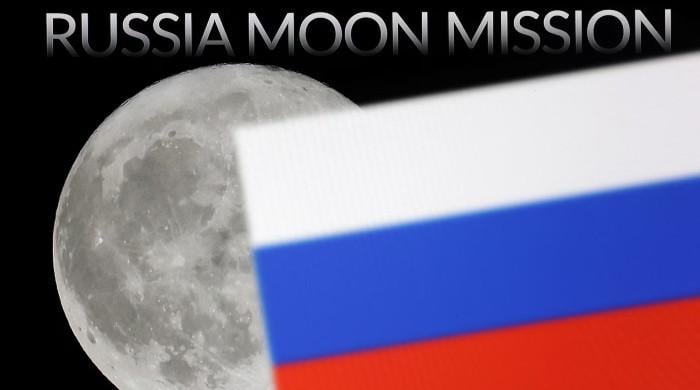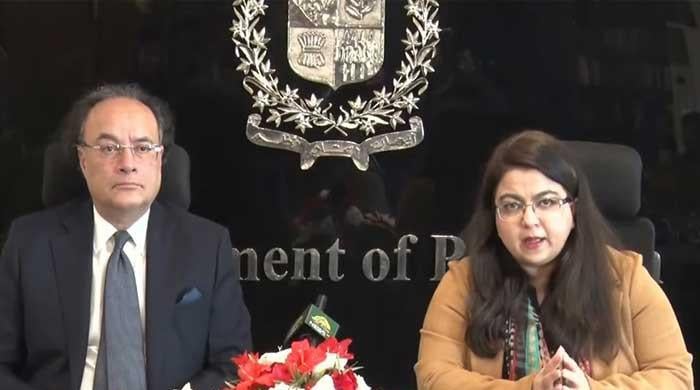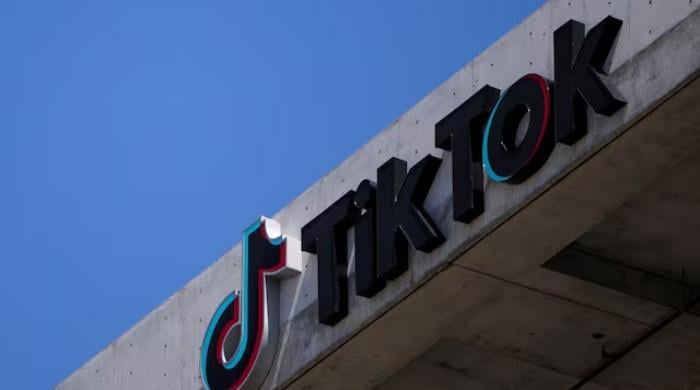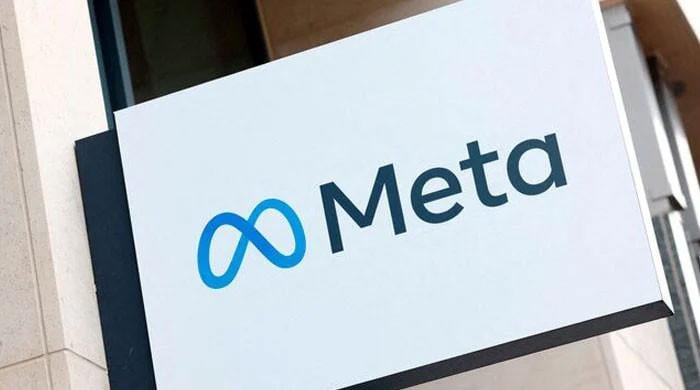Scientists succeed in 'mind-reading' using ChatGPT
Researchers use OpenAI's ChatGPT-1 model — which developed a huge database of books and websites
May 24, 2023
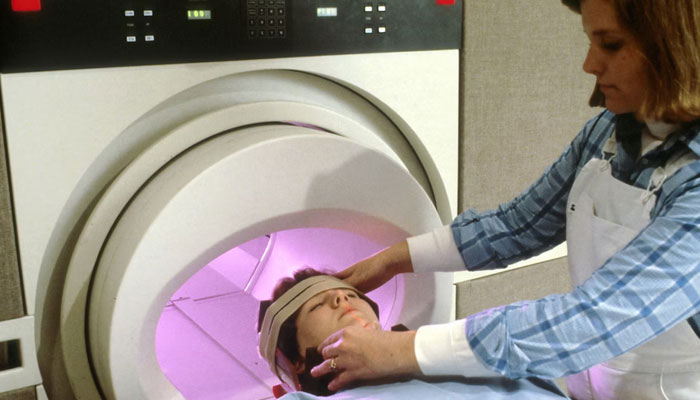
With the help of artificial intelligence (AI) powered ChatGPT, neuroscientists believe they have found a way to translate the activity of the brain into words, a major discovery that can help patients with conditions like "locked-in" syndrome, stroke, etc that render them unable to communicate.
The scientists from the University of Texas in Austin used the groundbreaking OpenAI's human-like chatbot showing its applications in the healthcare sector as AI is on the way to modernisation and advancement, eventually touching every part of our daily lives.
Alexander Huth, assistant professor of neuroscience and computer science at the University of Texas at Austin, told CNN, "so, we don't like to use the term mind reading. We think it conjures up things that we’re actually not capable of."
Professor Huth participated in research and spent spending 20 hours in the confines of an fMRI (functional magnetic resonance imaging) machine with audio clips he was listening to. Meanwhile, the machine captured detailed snaps of his brain activity.
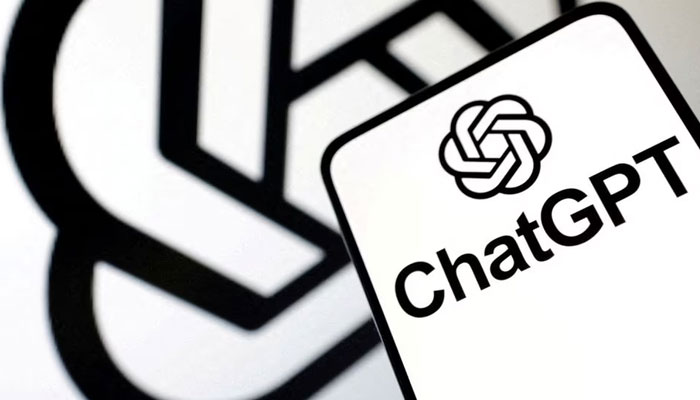
The AI system analysed his brain activity and the audio he was listening leading the technology to eventually foretell the words he was hearing just by watching his brain.
The technology researchers used was OpenAI's chatGPT-1 model — which developed a huge database of books and websites.
The researchers found that the AI system accurately predicted what participants were listening to and watching by observing mental activity.
Despite its initial stages, the technology shows promise. It also underlines that AI cannot easily read our minds.
"The real potential application of this is in helping people who are unable to communicate," Huth explained.
The researchers believed that this technology could be used in the future by people with "locked-in" syndrome, stroke and others whose brains are working but they could not speak.
"Ours is the first demonstration that we can get this level of accuracy without brain surgery. So we think that this is kind of step one along this road to actually helping people who are unable to speak without them needing to get neurosurgery," he said.
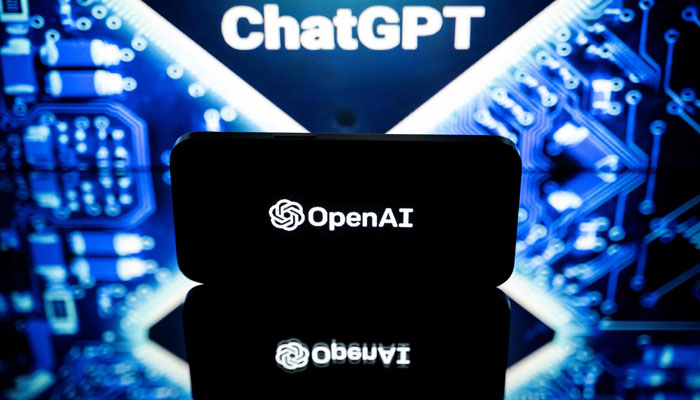
Though the results of the technology are promising, it also raised concerns about how it would be used in controversial areas.
The researchers noted that brain scans "need to occur in an fMRI machine, the AI technology needs to be trained on an individual's brain for many hours, and subjects need to give their consent."
If someone resists listening to audio and does not think as per the requirement, it simply won't work.
Jerry Tang, the lead author of a paper explained: "We think that everyone's brain data should be kept private. Our brains are kind of one of the final frontiers of our privacy."
Tang explained that "obviously there are concerns that brain decoding technology could be used in dangerous ways."
Huth stated: "What we can get is the big ideas that you’re thinking about. The story that somebody is telling you, if you're trying to tell a story inside your head, we can kind of get at that as well."
Voicing concerns, Tang told CNN that lawmakers need to take "mental privacy" seriously to protect "brain data" — our thoughts — two of the more dystopian terms I've heard in the era of AI.
"It's important not to get a false sense of security and think that things will be this way forever," Tang warned.
"Technology can improve and that could change how well we can decode and change whether decoders require a person’s cooperation."




